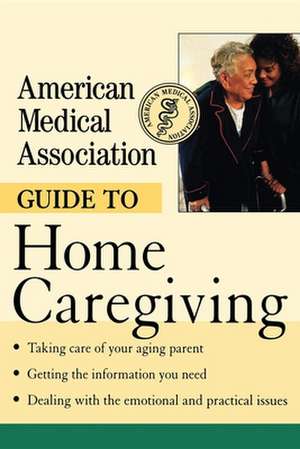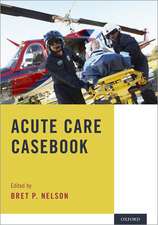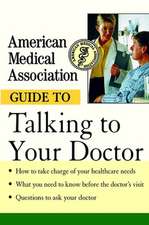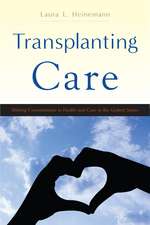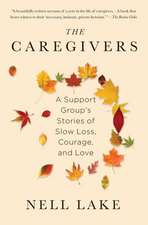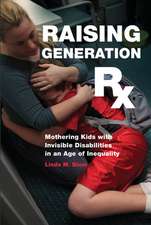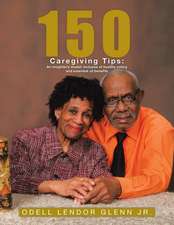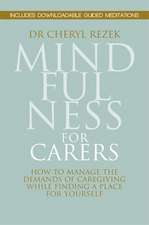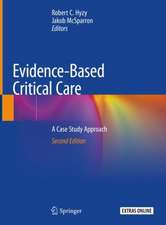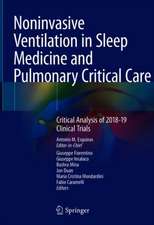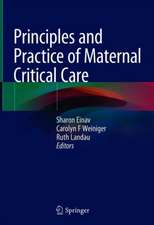American Medical Association Guide to Home Caregiving
Editat de Angela Perryen Limba Engleză Paperback – 4 oct 2001
Preț: 88.54 lei
Preț vechi: 93.20 lei
-5% Nou
16.94€ • 17.59$ • 14.13£
Carte disponibilă
Livrare economică 03-17 martie
Specificații
ISBN-10: 0471414093
Pagini: 240
Dimensiuni: 150 x 229 x 15 mm
Greutate: 0.39 kg
Editura: Wiley
Locul publicării:Hoboken, United States
Public țintă
general audience, families, baby boomersDescriere
Textul de pe ultima copertă
The American Medical Association Guide to Home Caregiving provides the information you need to take the best possible care of an elderly, ill, or disabled person in a home setting. Written by experts from the American Medical Association, the book explains such essentials as how to:
- Plan and arrange a room to adapt to a loved one's needs
- Give medications, maintain hygiene, monitor symptoms, deal with incontinence, provide emotional support, and relieve boredom
- Choose a home healthcare provider
- Pay for home healthcare, including Medicare and Medicaid, and long-term care insurance
- Care for a person with Alzheimer's disease or a terminal illness
- Choose between alternative living arrangements such as assisted living facilities or nursing homes
- Take care of yourself, the caregiver
With advice that touches both the physical and the emotional aspects of caregiving, this supportive, practical handbook will help make the experience as successful and rewarding as possible for you and your loved one.
For more than 150 years, the American Medical Association has been the leading group of medical experts in the nation and one of the most respected health-related organizations in the world. The AMA continues to work to advance the art and science of medicine and to be an advocate for patients and the voice of physicians in the United States.
